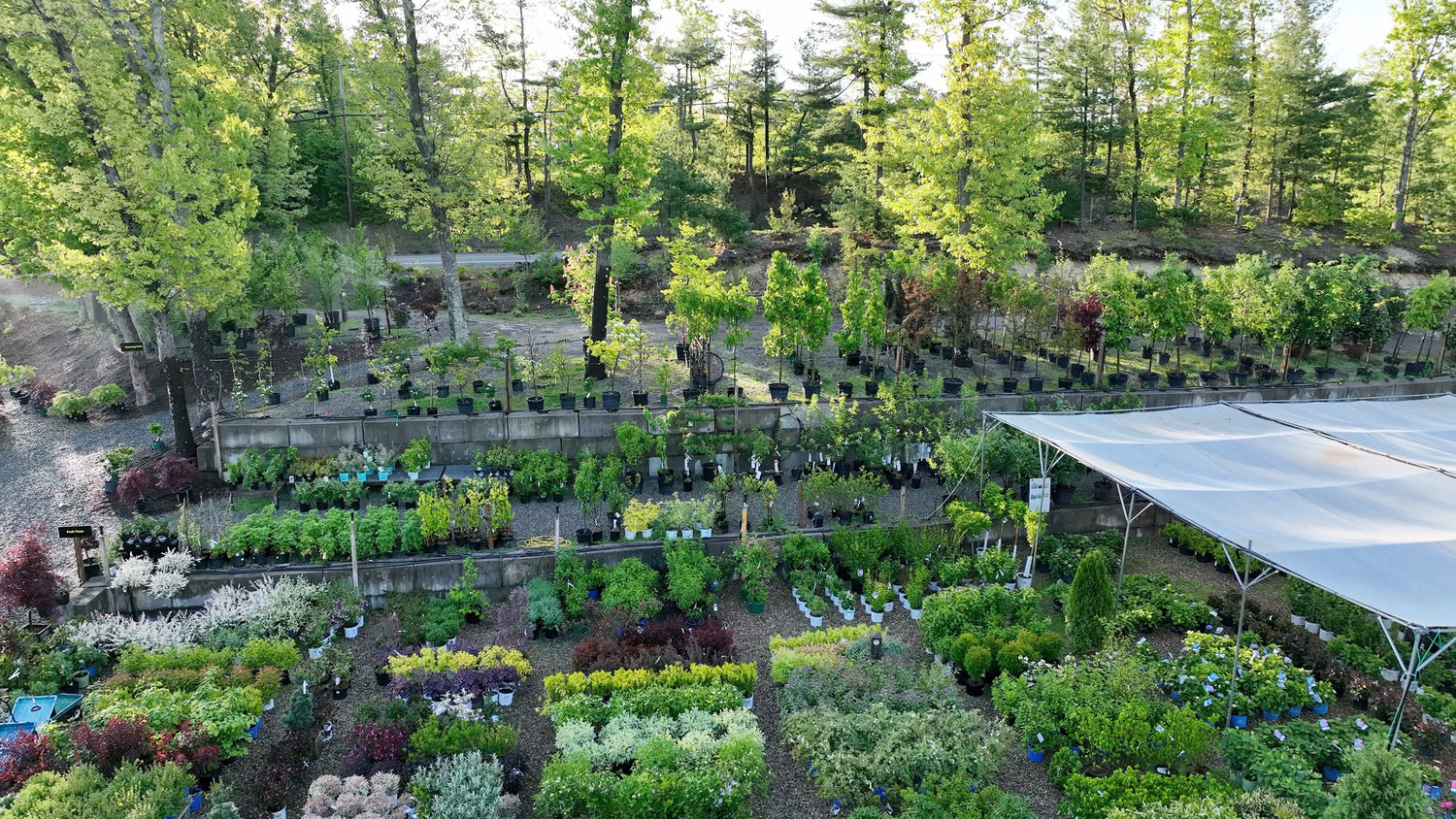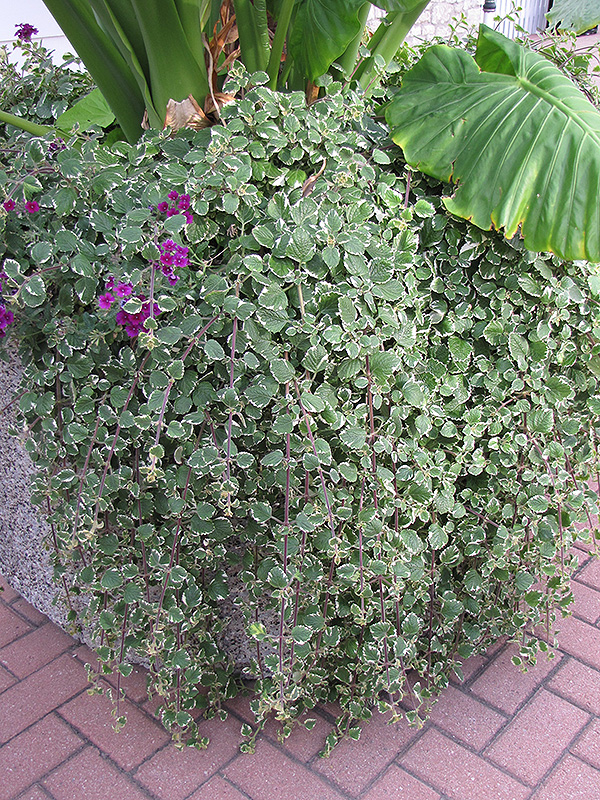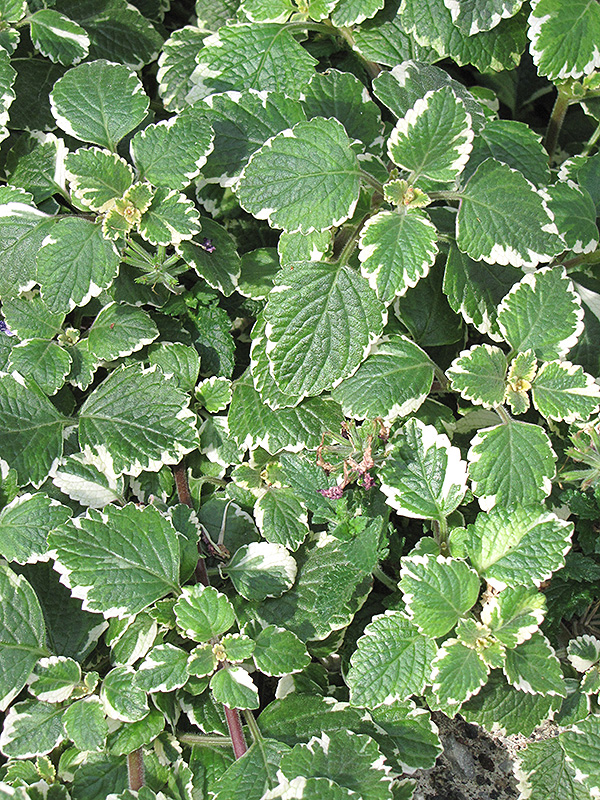Plant Guide
Swedish Ivy
Plectranthus forsteri 'Marginatus'
Height: 10 inches
Spacing: 24 inches
Sunlight:
![]()
![]()
Other Names: P. forsteri Marginata, Spur Flower
Description:
Attractive variety grown primarily for its deep green foliage with white edges; trailing form may be occasionally trimmed to maintain shape; a lovely addition to containers or hanging baskets; heat tolerant
Features & Attributes
Swedish Ivy's attractive serrated heart-shaped leaves emerge chartreuse, turning forest green in color with distinctive white edges throughout the year on a plant with a trailing habit of growth.
This is an herbaceous evergreen houseplant with a trailing habit of growth, eventually spilling over the edges of hanging baskets and containers. Its relatively fine texture sets it apart from other indoor plants with less refined foliage. This plant can be pruned at any time to keep it looking its best.
Planting & Growing
When grown indoors, Swedish Ivy can be expected to grow to be about 10 inches tall at maturity, with a spread of 3 feet. It grows at a medium rate, and under ideal conditions can be expected to live for approximately 5 years. This houseplant will do well in a location that gets either direct or indirect sunlight, although it will usually require a more brightly-lit environment than what artificial indoor lighting alone can provide. It is very adaptable to both dry and moist soil, but will not tolerate any standing water. The surface of the soil shouldn't be allowed to dry out completely, and so you should expect to water this plant once and possibly even twice each week. Be aware that your particular watering schedule may vary depending on its location in the room, the pot size, plant size and other conditions; if in doubt, ask one of our experts in the store for advice. It is not particular as to soil type or pH; an average potting soil should work just fine.
There are many factors that will affect the ultimate height, spread and overall performance of a plant when grown indoors; among them, the size of the pot it's growing in, the amount of light it receives, watering frequency, the pruning regimen and repotting schedule. Use the information described here as a guideline only; individual performance can and will vary. Please contact the store to speak with one of our experts if you are interested in further details concerning recommendations on pot size, watering, pruning, repotting, etc.
-- THIS IS A HOUSEPLANT AND IS NOT MEANT TO SURVIVE THE WINTER OUTDOORS IN OUR CLIMATE --




